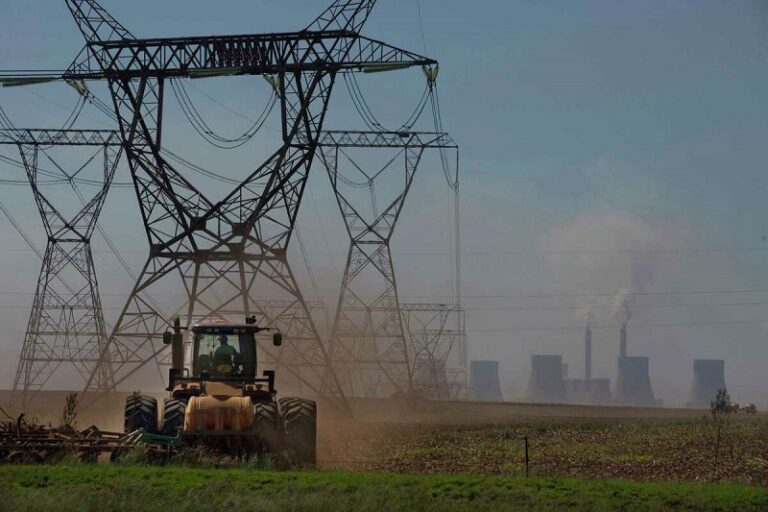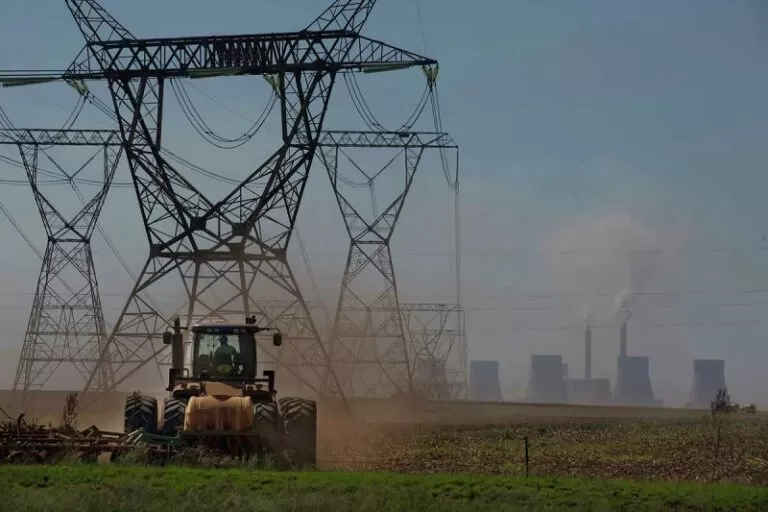

the government of south africa withdraws the country's disaster declaration
South Africa’s government declared a “state of disaster” across the country in February to deal with a crippling electricity crisis. This order has now been taken back. As a means of combating the crisis, which included daily rolling power cuts by the state utility Eskom due to frequent breakdowns at its aging coal-fired power stations and years of corruption, President Cyril Ramaphosa enacted disaster regulations on February 9.
When a state of calamity was declared, it gave the government more power to deal with the crisis. One of these new powers was the ability to make emergency purchases with less red tape and less oversight. The Minister of Cooperative Governance and Traditional Affairs (CoGTA), Thembi Nkadimeng, said in a statement on Wednesday that the government will now work through its Energy Crisis Committee to reduce the effects of power outages by using existing laws and plans for what to do if things don’t go as planned.
Kgosientsho Ramokgopa, who was recently nominated to the position of electricity minister, went on a tour of the troubled utility’s power stations in the weeks following his appointment. This was part of the effort to lessen the impact of the crisis. According to CoGTA, he met with various government officials as well as representatives from Eskom to discuss potential solutions to the problem of electricity shortfalls. In light of these new events, the government has said that it will get rid of all of the catastrophe regulations.
The first time a state of emergency was declared, it was so that health officials could respond more quickly to the COVID-19 pandemic. But some people were not sure if this would also help increase the amount of power that could be used. OUTA, a non-profit group whose main goal is to stop abuses of the tax system and corruption in government, also went to court to try to stop it. In response to the withdrawal, the group put out a statement that said, “The state is withdrawing the national state of disaster because OUTA filed a lawsuit against it.”
OUTA stated that the crisis could have been handled using the laws that were already in place and that the disaster regulations would have made it possible for corruption to occur. Since the beginning of the year, Eskom has been turning off the power grid at regular times, leaving most homes and businesses in the country without power for up to ten hours a day.
The power outages, called “load shedding” in the local language, have caused a lot of trouble for homes and businesses in the most industrialized country in Africa. The utility company said it would wait to talk to the government before saying anything about the disaster withdrawal condition.
Two mobile telecom leaders, MTN Group and Airtel Africa, joined forces to create a new digital infrastructure system throughout African…
South African President Cyril Ramaphosa defended his nation against claims of white discrimination made by tech magnate Elon Musk. After…
Hilton launched Signia by Hilton for its first appearance in Egypt and Africa through its hotel expansions. These hotels at…
UNICEF reported that, nearly 2900 people died of cholera across Eastern and Southern African countries while children suffer most greatly…
Enza, based in the United Arab Emirates, obtained $6.75 million in initial investment funding from Algebra Ventures and Quona Capital.…
US Secretary of State Marco Rubio ordered South African Ambassador Ebrahim Rasool to leave America by March 21 because he…
This website uses cookies.